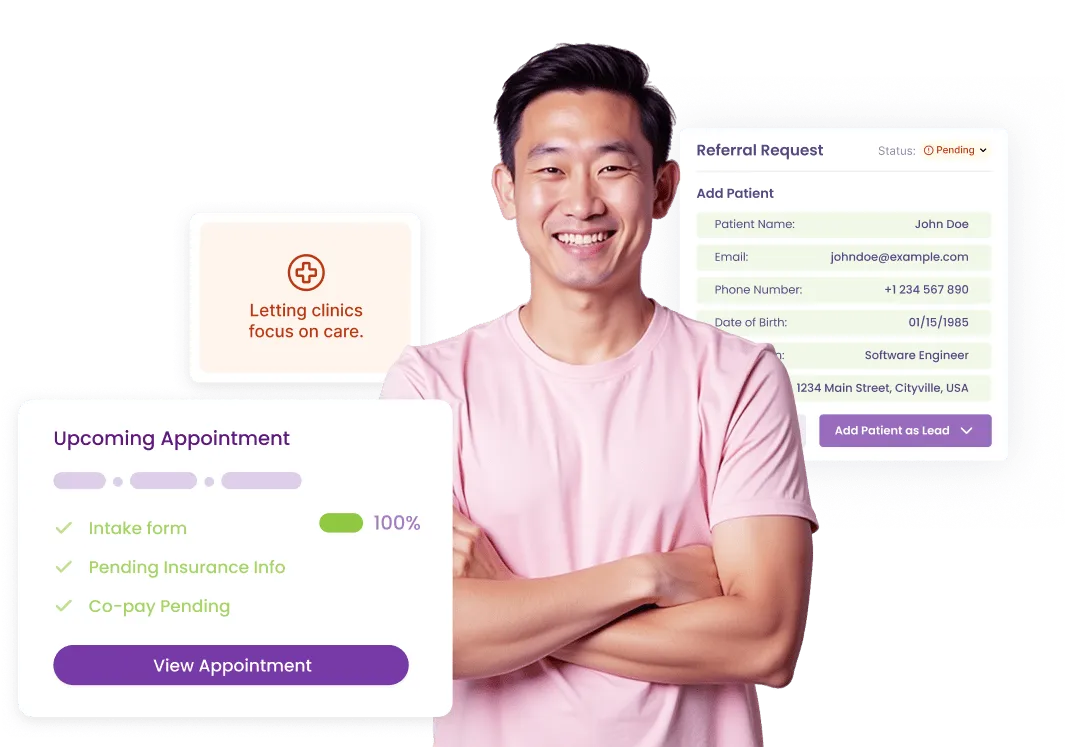H0016 – Substance Use Counseling / Behavioral Health Service
CPT code H0016 represents a distinct mental or behavioral health service, including evaluation, therapy, or care coordination.
What is CPT
H0016
?
H0016 is a critical code utilized for counseling services within the realm of substance use treatment. This entry provides an in-depth overview of its clinical applications, documentation requirements, and payer considerations. Providers must ensure that clinical notes are consistent with evidence-based practices and accurately reflect treatment objectives, therapeutic interventions employed, and quantifiable patient progress. In instances where the code is time-based, precise documentation of start and stop times is essential in substantiating the billed duration.

Documentation Tips
Accurate documentation is crucial when billing for time-based psychotherapy sessions. Ensure to note the start and stop times for each session. Include details about the therapeutic modality utilized, any assessment instruments employed, the clinical focus during the session, patient responses, and a clear plan for follow-up care. For scored assessment instruments, maintain copies of completed tools in the patient’s record. In the case of telehealth sessions, it is important to document patient consent as well as specific details about the platform used for the service. Utilize consistent documentation frameworks, such as SOAP (Subjective, Objective, Assessment, Plan) or DAP (Data, Assessment, Plan), to enhance audit readiness and compliance.

At a Glance
- Service Type: Substance Use
- Use Case: Counseling
- Typical Setting: Outpatient clinic or telehealth (subject to payer policy)
- Billing Unit: Per session / per therapeutic instrument (varies by specific code)
- Common Pairings: 90791 (Psychiatric Diagnostic Evaluation), 96127 (Brief emotional/behavioral assessment), psychotherapy codes
Billing Examples
For instance, during a session coded as H0016, a counselor may engage in relapse prevention therapy, systematically documenting the patient’s triggers, coping strategies discussed, and updates to the treatment plan. It is vital to differentiate between group therapy and individual counseling services, billing each under the appropriate HCPCS/CPT codes as specified by payer guidelines to ensure compliance and maximize reimbursement.
Compliance Guidelines
- Always verify payer coverage and authorization requirements before submitting a claim.
- Document medical necessity and ensure that all services provided are linked to corresponding ICD-10 diagnoses.
- Adhere to correct modifier usage (such as modifier 95 for telehealth services) where applicable.
- Avoid upcoding by selecting the code that accurately reflects the documented time and level of service delivered.
- Conduct regular audits to minimize claim denials and improve overall documentation quality, ensuring that compliance standards are consistently met.
Common ICD-10 Codes
Helpful links for mental health billing and documentation
- F10.20 - Alcohol use disorder, unspecified
- F11.21 - Opioid use disorder, moderate
- F19.20 - Other psychoactive substance use, unspecified
- F10.10 - Alcohol use disorder, mild
- F12.20 - Cannabis use disorder, moderate
Additional Resources
Helpful links for mental health billing and documentation
Related CPT Codes
Helpful links for mental health billing and documentation
Got questions? We’ve got answers.
Need more help? Reach out to us.
Q1: What is this code used for?
A: H0016 is utilized when the clinical activity aligns with the definition of the code; it is crucial to ensure that documentation thoroughly supports the billed service.
Q2: Can it be billed via telehealth?
A: Yes, many payers allow billing for telehealth services when the encounter is synchronous and appropriate modifiers and patient consent are documented. Always verify specific payer policies regarding telehealth reimbursement.
Q3: What documentation will payers request?
A: Payers typically request documentation that includes the time spent, therapeutic techniques or instruments used during the session, patient responses to interventions, and a direct link to an appropriate ICD-10 diagnosis that justifies the service.
Q4: Can this be billed with other services?
A: Yes, when billing for multiple services, it is necessary to document the distinct time spent and the rationale for each service provided. Utilize add-on codes or E/M (Evaluation and Management) separation rules as applicable to support your billing.
Q5: What are common denial reasons?
A: Common reasons for claim denials include missing documentation of time spent, insufficient evidence of medical necessity, incorrect usage of modifiers, or claims submitted that exceed frequency limits set by payers.

